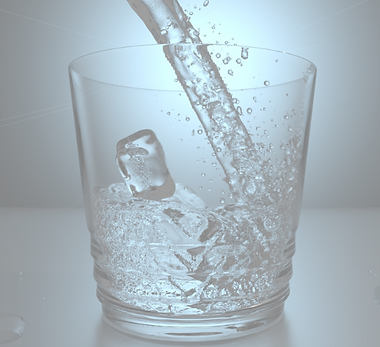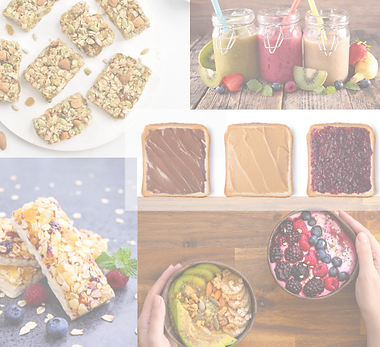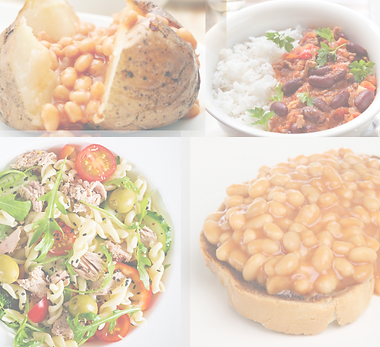
Nutrition
Nutrition is so important for getting the full benefit of your performance and growth. Swimmers should eat a variety of foods and a diet which is high in fruit and vegetables and low in fat and sugar. Remember that carbohydrate produces energy, protein builds and repairs muscles. Loss of fluid and a reduction in carbohydrate stores are two major causes of fatigue in a swimmer.
Poor Nutrition

You are going to see various effects of poor nutrition in swimmers. In training it might feel like your legs are heavy, you can't keep up with everyone like you normally do and you just feel tired. If it's a meet day, you might be feeling extra tired, especially towards the end of the day.
Dehydration
.png)
Dehydration in swimmers can have a debilitating effect, especially on a race day. The effects of dehydration might feel like you have no muscle strength, you are putting in lots of effort in but getting nowhere, heart racing and out of breath, dizzy, cannot concentrate.
When to eat and drink

Drinking
Re-hydrate by drinking either water, diluted squash or diluted fruit juice before, during and after training or on race day.
When to eat?
-
BEFORE: If you have an early start have a snack 30 minutes before training.
-
BEFORE: If your training is later in the day then try to eat an exercise friendly meal two to three hours before you go.
-
AFTER: have a snack immediately after training - within 30 minutes - the sooner you can eat the better your recovery will be.
Early Start Snack / Recovery Snack

Some ideas for a healthy recovery snack:
-
Apple, banana, orange
-
Muller rice
-
Nutrigrain Elevenses bar
-
Weetabix On The Go milk drink
-
Fruit shake or smoothie
-
Jam or honey on toast / sandwich
-
Malt loaf
-
Bagel
-
Yoghurt
-
Rice cakes
-
Low fat cereal bars
Don't load up on sweet and sugary drinks, and don' t leave long gaps between refuelling.
Meal Ideas Before Training

Some ideas of food to have a couple of hours before training:
-
Baked potatoes, beans, sweet corn or chilli - minimal amounts of cheese - eat the skin!
-
Pasta meals or bakes - plenty of veg! Tuna is also great.
-
Beans on toast, hold the butter! Egg on toast is also great.
-
Chilli con carne with rice.
Competition Day - the night before

-
Rice or pasta, with a low fat sauce
-
Noodles
-
Beans on toast
-
Egg on toast
-
Chunky chicken soup with veg
-
Mash with meat or fish and veg
Competition Day - Morning Brekkie

-
Bowl of cereal, or toast
-
Porridge with banana and honey
-
Baked beans
-
Pasta with tomato based sauce
-
Low fat snack like dried fruit, malt loaf, bagel or a banana
-
Muffins, crumpets, pancakes
Competition Day - Lunches & Snacks

Light lunches are the best thing, as you might not have a long to break before its time for the warm up sessions again.
-
Wraps, pitta or sandwiches
-
Pasta Salads, with veg. Try tomato based sauces or pesto. Tuna, chicken and cheese are good elements to add.
For snacks during the day:
-
Bananas, apples, raisins
-
Energy and cereal bars (check sugar content)
-
Rice cakes, crackers or mini pancakes
-
Hard boiled eggs
-
Yoghurts
-
Milkshakes or smoothies.
Water Water Water

Do you know what happens to your body when you are dehydrated? Here are some of the signs:
-
Fatigue and tiredness: you feel as though you are putting in maximum effort but cannot keep up with anyone.
-
Blood thickens: When you are dehydrated your blood becomes thicker which means its harder for your heart to pump blood around your body - this mean your heart will feel as though its racing too fast.
-
You will have a headache, cannot concentrate, you might feel dizzy.
Just because you are surrounded by water doesn't mean you cannot be dehydrated. Being inside a humid pool environment all day and working as hard as you do means you have to keep your water levels up! Aim to drink 2 - 3 bottles of water per day. 4 would be amazing.